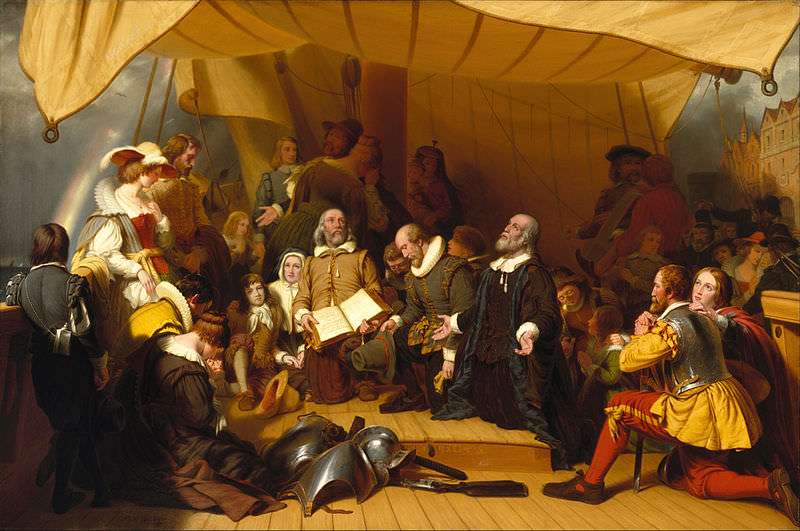John Stossel Says We Should Be Thankful for Private Property

The Pilgrims started out with communal property rules. When they first settled at Plymouth, they were told: "Share everything, share the work, and we'll share the harvest." The colony's contract said their new settlement was to be a "common." Everyone was to receive necessities out of the common stock. There was to be little individual property. They nearly starved and created what economists call the "tragedy of the commons." But then, after the colony's governor, William Bradford, wrote that they should "set corn every man for his own particular," they dropped the commons idea. He assigned to every family a parcel of land to treat as its own. The results were dramatic, writes John Stossel. Much more corn was planted. Instead of famine, there was plenty. Thanks to private property, they got food—and thanks to it, we have food today.


Hide Comments (0)
Editor's Note: As of February 29, 2024, commenting privileges on reason.com posts are limited to Reason Plus subscribers. Past commenters are grandfathered in for a temporary period. Subscribe here to preserve your ability to comment. Your Reason Plus subscription also gives you an ad-free version of reason.com, along with full access to the digital edition and archives of Reason magazine. We request that comments be civil and on-topic. We do not moderate or assume any responsibility for comments, which are owned by the readers who post them. Comments do not represent the views of reason.com or Reason Foundation. We reserve the right to delete any comment and ban commenters for any reason at any time. Comments may only be edited within 5 minutes of posting. Report abuses.
Please to post comments
Mute this user?
Ban this user?
Un-ban this user?
Nuke this user?
Un-nuke this user?
Flag this comment?
Un-flag this comment?